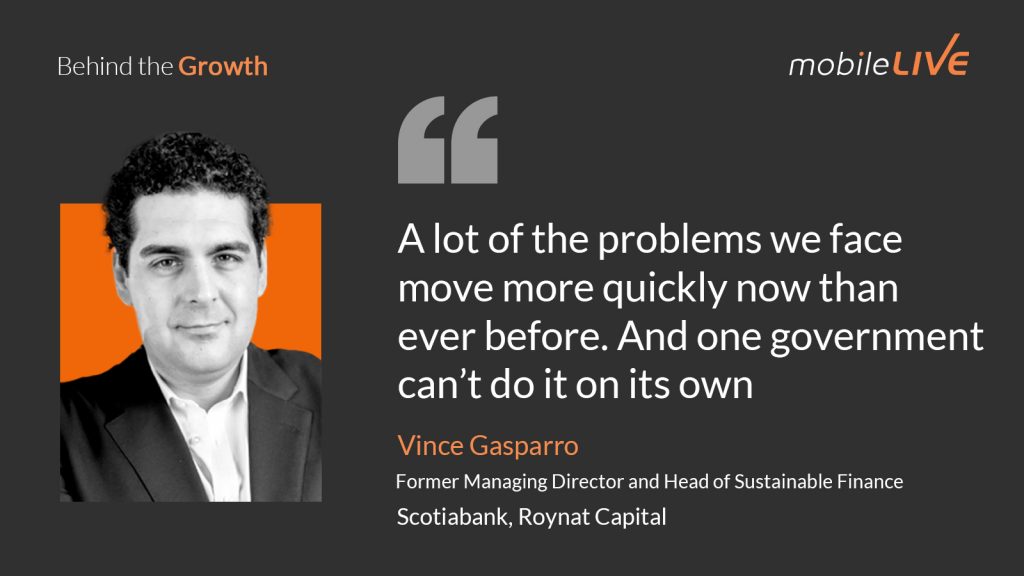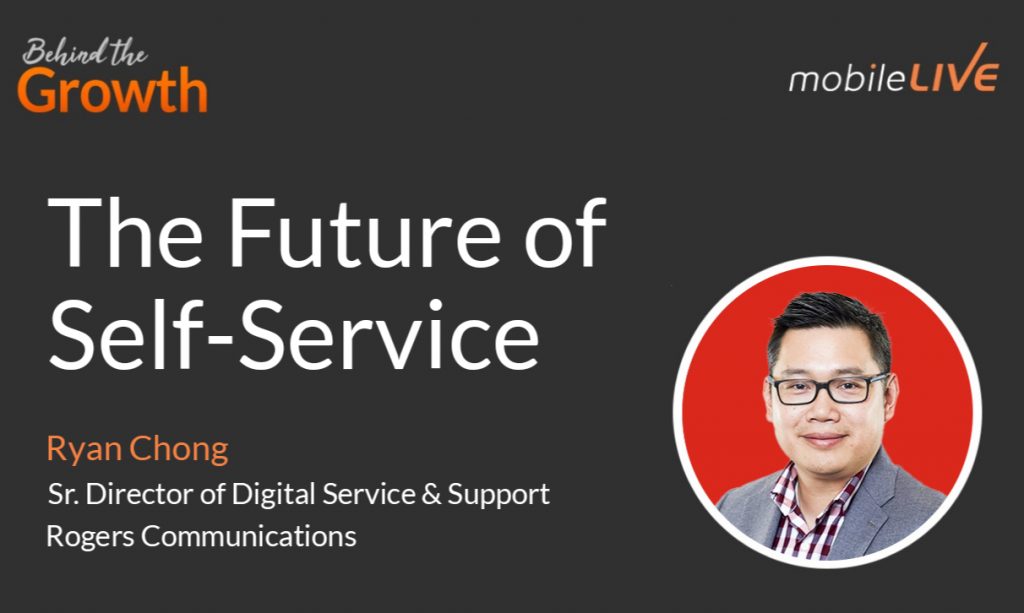Key Insights
The Vital Role of Public-Private Partnerships
Vince Gasparro discusses the necessity of collaboration between government, business, the not-for-profit sector, and academia to address the world’s significant challenges, especially the climate crisis. He emphasizes that no single entity can tackle these issues alone. Drawing from his experiences working closely with government and in finance, Gasparro shares examples of how combined efforts can lead to innovative solutions and meaningful progress in sustainable finance and climate initiatives.
Urgency of Global Collective Action
The podcast dives into the critical need for global collective action to combat climate change, with Gasparro highlighting the interconnectedness of environmental issues. He discusses the implications of rising greenhouse gas emissions and the cascading effects on ecosystems, food systems, and human life. By citing his involvement in international efforts like the COP26 and COP27, he stresses the importance of international cooperation and the role of each stakeholder in contributing to a larger, cohesive strategy against climate change.
Empathy in Transitioning Economies
An interesting takeaway from the conversation is Gasparro’s call for empathy towards workers in traditional energy sectors as the world shifts to renewable energy. He underscores the challenges of moving away from fossil fuels and the societal impacts of such a transition. This insight provides a nuanced view of the economic and social considerations that must be accounted for in sustainable policies and initiatives, suggesting a balanced approach that supports workers while advancing toward green alternatives.

Episode Highlights
Understanding Climate Change
Vince Gasparro provides a foundational understanding of climate change, explaining the criticality of rising greenhouse gas emissions and their global impacts, including extreme weather events, biodiversity loss, and threats to human life. He emphasizes the necessity of collective action due to the transboundary nature of environmental challenges.
“Climate change is, in its simplest form, the increase of greenhouse gas emissions into the atmosphere which warm the planet and by warming the planet beyond a critical point […] will have catastrophic impact on our ecosystems.”
Transitioning to Renewable Energy
The conversation shifts to the transition towards renewable energy sources as a pivotal solution to climate change. Gasparro discusses the challenges and opportunities within the energy sector, highlighting the significant shift in investment trends from traditional fossil fuels to renewable projects and the broader market adaptation.
“Talk to any investment banker for example and ask them how easy is it to raise equity in capital for a new oil and gas field? It is incredibly difficult […] but raise equity or capital for a solar wind project or geothermal project it’s become much easier.”
Role of Innovation in Climate Solutions
Vince delves into the crucial role of innovation in solving the climate crisis, discussing various technologies including climate tech, carbon capture, and battery storage. He argues for a multi-pronged approach to tackling climate change, accommodating various energy solutions to meet the diverse needs of a global population.
“Climate tech is an incredibly important piece for what we’re trying to achieve. The IMF has specifically said that climate tech will play a significant role in what we’re doing, and you’re seeing, for example, greater yields out of solar panels.”
Empathy in Economic Transition
A significant part of the discussion is dedicated to the socioeconomic aspects of transitioning to a green economy. Gasparro stresses the importance of empathy for workers in traditional energy sectors, advocating for a thoughtful and inclusive approach to shifting industries that supports communities and individuals.
“This isn’t an attack on those who work in the oil and gas industry […] we need to show a little bit of empathy for folks who work and have made a living. I’m really talking about the workers here for a moment, who, you know, are just trying to provide for their family and have a good quality of life. So, we need to show some empathy for them.”







